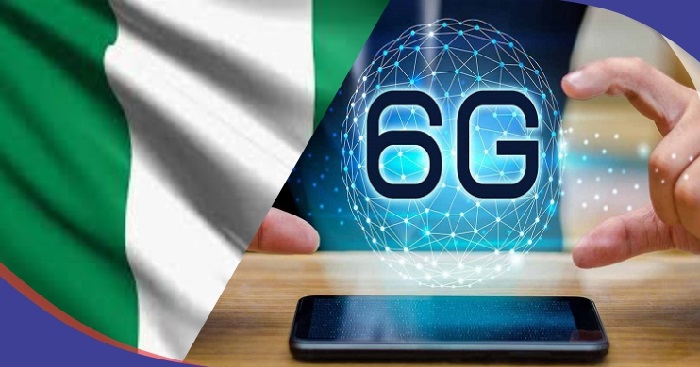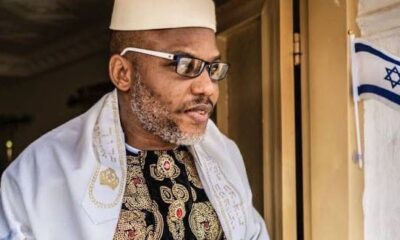News
Nigeria Signs Global Act For Use Of Sixth Generation Technology (6G)
Nigeria has signed the Final Act of WRC-23, allowing the country to embrace and deploy Sixth Generation Technology (6G)…

Nigeria has signed the Final Act of WRC-23, allowing the country to embrace and deploy Sixth Generation Technology (6G) and other advancements in Radio and Telecommunications.
VerseNews reports that the Minister of Communications, Dr. Bosun Tijani, signed the record of decisions made at the World Radiocommunications Conference (WRC) 2023.
The conference identified spectrum resources for technological innovation, global connectivity, and new frequencies for satellite services on moving platforms.
This decision, recorded as a landmark at the conference, is part of Nigeria’s commitment to staying at the forefront of technological advancements.
The 6G Technology Act encompasses both new and revised provisions of the Radio Regulations, an international treaty governing the use of the radio-frequency spectrum and satellite orbits.
Among the delegates attending the conference were Dr. Aminu Maida, the Executive Vice Chairman of the Nigerian Communications Commission (NCC), and Mrs. Jane Egerton-Idehen, the Managing Director of Nigerian Communications Satellite Limited (NigComSat Ltd).
The agreements aim to enhance safety at sea, in the air, and on land, while Nigeria’s delegation, including representatives from NCC and NigComSat Ltd, played a key role in shaping these global decisions.
The WRC-2023, held every three to four years by the International Telecommunication Union (ITU), is a global, inter-governmental treaty conference.
The agreements reached at the conference are documented in the Final Act, outlining the outcomes of discussions on agendas put forward by country administrations.
Reuben Muoka, the Public Affairs Director of the NCC, quoted the ITU, stating that the agreement to the updated Radio Regulations identifies new spectrum resources to support technological innovation, deepen global connectivity, increase access to space-based radio resources, and enhance safety at sea, in the air, and on land.
Muoka added, “Among the decisions reached, the Conference also identified spectrum for International Mobile Telecommunications (IMT), which will be crucial for expanding broadband connectivity and developing IMT mobile services, also known as 4G, 5G and, in the future, 6G.”
Nigeria’s delegation at the conference included seasoned engineers and experts in telecommunications and satellite regulations and governance from the Ministry, NCC, National Broadcasting Commission (NBC), NigComSat Ltd, National Space Research and Development Agency (NASRDA), and Nigeria Airspace Management Agency (NAMA), among others.
The focus on expanding broadband connectivity aligns with Nigeria’s strategic plan for the Ministry.
























You must be logged in to post a comment Login